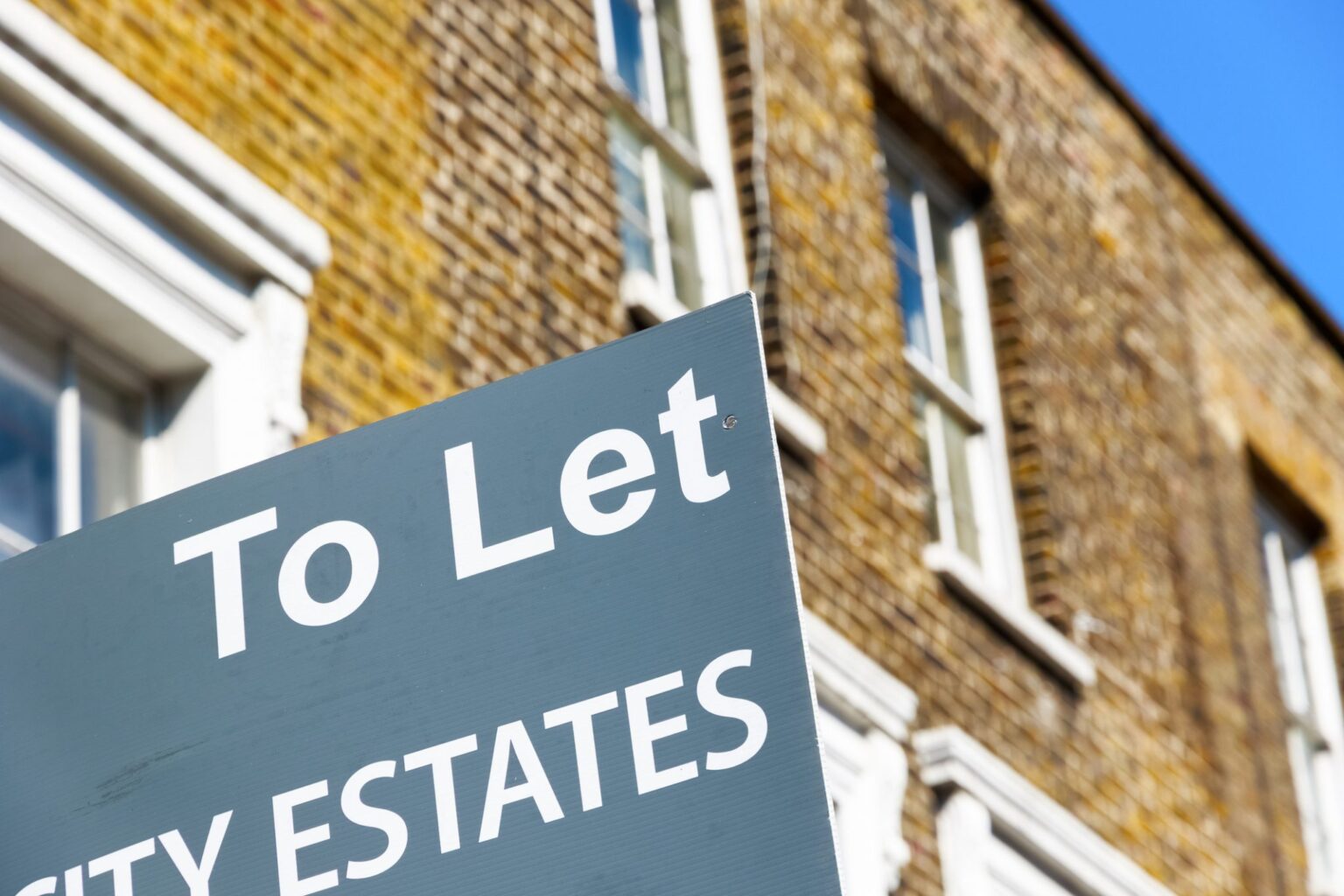New figures are suggesting that rents in London have not risen by as much as forecast since the Brexit referendum in June 2016.
Landbay’s latest Rental Index estimates that rental growth in the capital has been nearly 3% lower than estimated since the vote to leave the EU. It is now as little as 2.84%, but a slightly higher projection suggests a rise of 4.15%. If rents had grown by as much as the latter figure, that would still mean London tenants would have saved an average £1,800 on what was being estimated for the future immediately after the vote took place.
Capital rents rise after post-referendum dip
Rental growth in London dropped from a rate of 1.26% around the time of the Brexit vote, hitting a low point of a fall of 0.33% a year later. Matters have recovered to see rents inch back into the positive, with a rise of 0.58% in December 2018.
Statistics from the ONS in early 2018 showed numbers of workers abandoning London had reached a 10-year high. Brexit uncertainties have exacerbated fears over the future for employment and property in London, but Landbay’s findings suggest that renters who have stayed out in the last couple of years will have made a saving.
Breaking the figures down, rents around the UK rose by 0.96% in the year to December, but taking London’s figures out of the equation sees that figure rise to 1.16%.
Yorkshire and Midlands record strongest regional performances
Strong performances were recorded in some regions, with the East Midlands leading the way with a rise of 2.19%. The West Midlands recorded a rise of 1.48% while in Yorkshire and Humberside they went up by 1.40%. Rents in Wales and Scotland overall rose by 1.57% and 1.48% respectively – around half as much again as in the UK as a whole.
“It’s hard to ignore the impact that the vote to leave the EU has had on property market in London. While tenants are better off, without necessarily realising it, uncertainty in the market has caused a conundrum for landlords, ” said John Goodall, CEO of Landbay.
“Many landlords will have been looking to offset the Government’s punitive tax regime by raising rents, however the uncertainty surrounding Brexit has forced the vast majority to forfeit this to maintain a steady income.
“Employment and immigration are the two main concerns for the housing market when considering Brexit. While nobody is any clearer about Britain’s future relationship with the EU, it’s clear the impact of a no-deal Brexit would be significant for the UK economy and property market.”
Landbay’s index is compiled by analysing data from around 100,000 properties listed with Zoopla.









